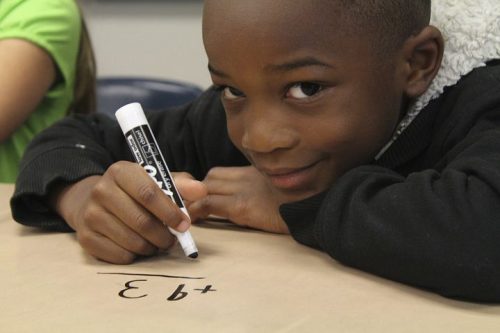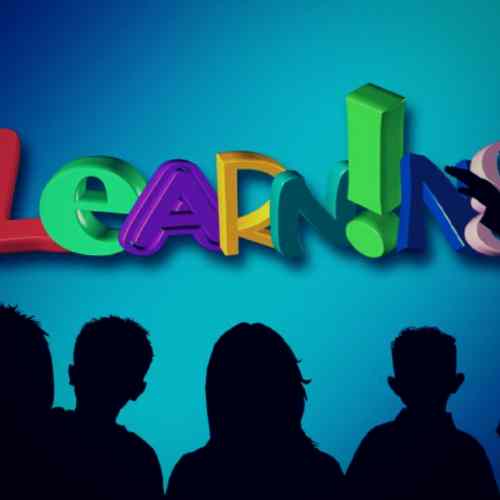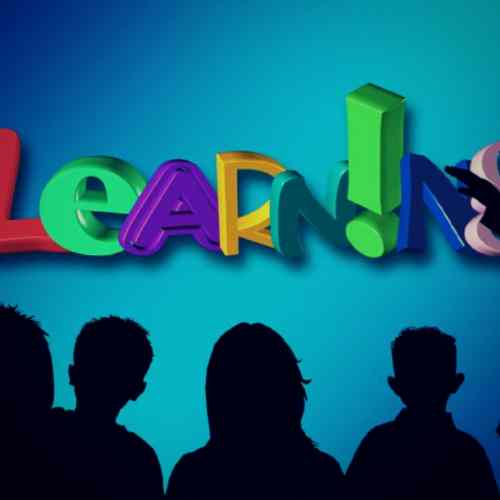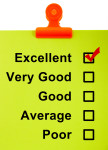Do you know your child’s learning style?
All students are created equally and differently. As children have different personality types, they also have different styles of learning and receiving information. It is important that both parents and teachers identify every child’s learning style; there are 7 different learning styles of children.
As an educator, it is pertinent to know and understand every child under your care. It is also important to find the best possible way to pass your message across. You cannot afford to use a one size fits all approach.
Children learn differently, understanding the differentiation in children’s learning styles will help implement strategies for best practice.

Children absorb, comprehend and retain information differently and this could be due to cognitive, emotional or environmental factors.
Parents should also be patient with their children by trying to understand their personality types. They should be ready to offer the necessary support and follow up with the child. The school cannot provide all a child needs even if the child is a star child.
Focus should not always be on the academics but also on social interaction, independence, communication, team work and other developmental milestones thereby bringing about a total child.
It can be frustrating for many teachers when they cannot get information across to a child. That is because they have not been patient enough to know why the child is not grasping the concept. Which is usually because of the way the concept is being taught.
In as much as educators have targets and timelines to meet up with, it is most important that their students have a proper understanding of the concept being taught and can apply it.
Teachers should not be quick to label a child but try to look for ways and strategies that can help to give a better understanding.
Types of Learning
There are three types of learning which I will term:
‘Very Able’ – those you give verbal information to and they act on it immediately,
‘Able’ – those you have showed practical ways of applying the information in addition to verbal information.
‘Not So Able’ – those that you use, verbal and practical ways for but you have to repeat and reinforce with other means for them, before they eventually grasp the concept.
This is where homework comes to play so as to reinforce the learning and parents must make sure Children do their homework because that is how concepts are better understood. If a child did not grasp a concept, then it ought to be re-taught.
Different Learning Styles Of Children
These learning styles can be compared to various air planes of different airlines on the tarmac taking off to the same destination but at different times. They will all get to their destination through different routes.
There are 7 different learning styles which all educators must be aware of.
- The Visual Learners – Use images, maps, graphics, wall display, posters, flash cards etc., in the classroom.
- Aural – (Auditory) – Use audiotapes and videos, storytelling , songs, chants, memorization, drills and lots of speaking in groups.
- Kinesthetic – Use the hands-on approach like role play, competitions and physical activities that will allow them to move around and be active.
- Visual– (Linguistic) using words in speech and writing
- Logical– (Mathematical) using logic, reasoning and systems
- Social – (Interpersonal) learning in groups
- Solitary – (Interpersonal working alone or self-study)
Partnership between the home and school cannot be over emphasized in a child’s development and education. Information from parents or guardian about the personality of the child can help the educator in finding out the best possible way in which the student can “catch” the learning. You can teach a student forever but if he or she does not catch, connect or receive the information, all is in futility.
All hands must be on deck in the interest of the child to give what is required to bring out the full potential of the child in every way possible as there is a Diamond in each child and the onus is on the handler to find that diamond.
Abimbola Somolu resides in Lagos. She is a certified couples and children’s counselor. She is the director of Playhouse Children Centre and a writer.



